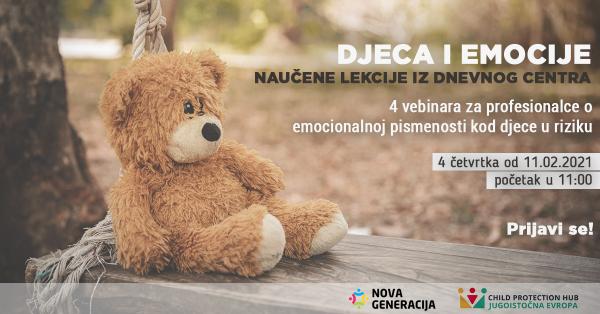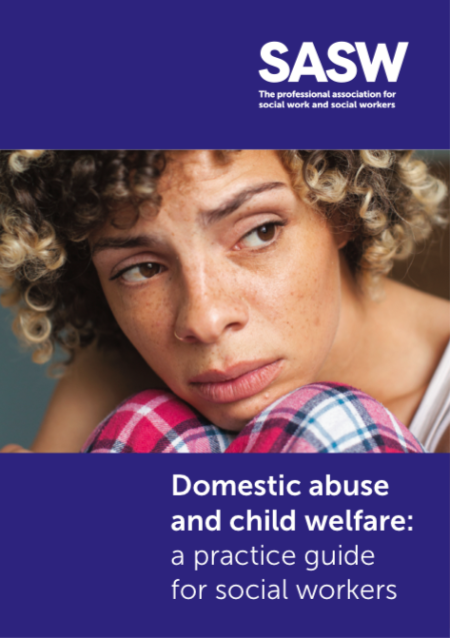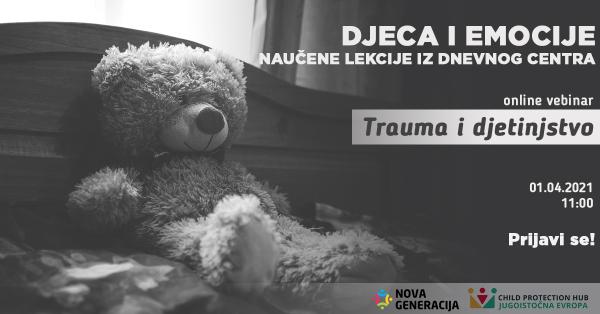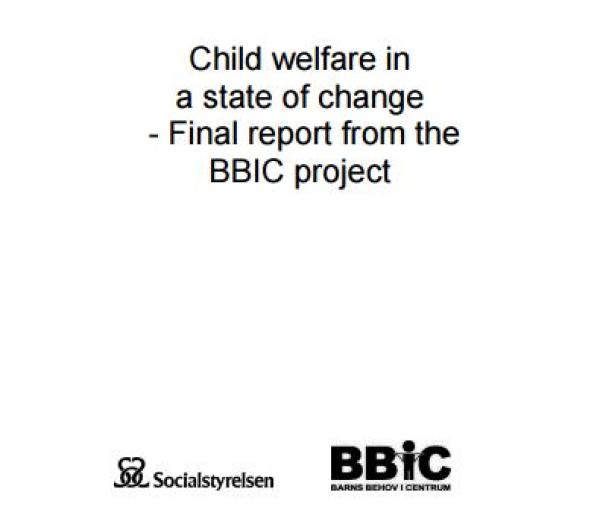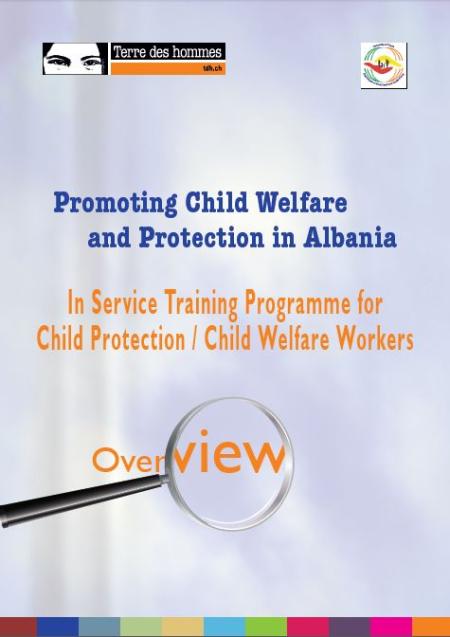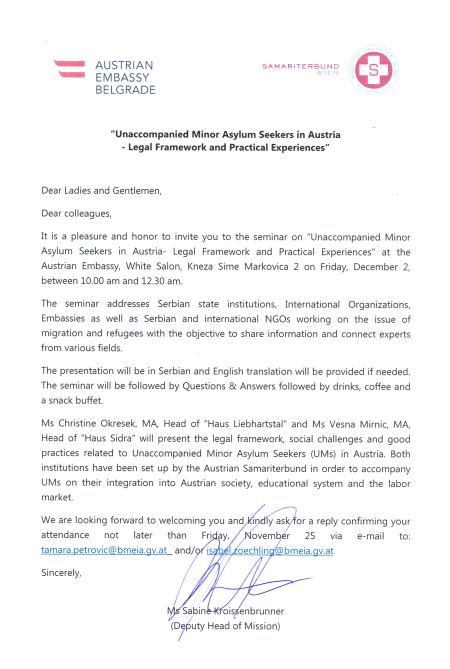
Good child welfare practice changes lives, and the choices we make about how to evaluate our practices and how to apply evaluation findings affects outcomes for children and families. An agency administrator and an evaluator discuss reasons why building evidence and performing evidence-based practice in child welfare can be so difficult. Using colorful and dynamic animation, they introduce a practical framework developed by national child welfare experts. (Part 1 of 5)
https://www.youtube.com/watch?v=Va6f1advUw0

You might like..
0
1
In the finale of this series, all five phases of the Framework are illustrated through a single case example. A new character joins the cast to discuss how subsidized guardianship has become an increasingly effective and widespread child welfare…
0
Agencies and their partners often aspire to spread effective child welfare interventions and integrate them into everyday practice, but success can often be elusive. In this installment of the video series, the narrators describe the next phases of…
0
1
Any agency that develops a new child welfare program or practice wants to increase the likelihood it will be effective. Building on their two preceding videos, the narrators introduce viewers to two additional phases of the framework: Develop &…
0
The process of building evidence and spreading effective practice in child welfare begins with investigating a problem, identifying a target population, and exploring possible solutions. Animated characters from Part 1 return to guide viewers…
yes
0
888
Join us for a series of 4 webinars on topics in the field of emotional literacy that are the basis for understanding a child's psychological functioning. Understanding these topics will enable professionals involved in child protection activities…
yes
0
1991
On Thursday, 04.03. join us on the third part of the webinar on children and emotions.
Our topic is the hidden functions of emotions of children at risk.
Understanding children and their emotions will enable professionals involved in…
0
833
A Practice Guide for Social Workers regarding domestic abuse and child welfare was published in April 2020 by BASW. In times of a pandemic and nationwide lockdowns, people are more vulnerable than ever and these circumstances heighten the risk of…
0
179
The Anti-Bullying Alliance (ABA) offers free online CPD anti-bullying training for anyone that works with children and young people. The online training has been developed as part of the ABA’s All Together programme, which aims to reduce bullying of…
0
202
Supervision process - from the first meeting to the end of supervision.
Supervision, like any other process, has its stages.
At the webinar, we present the activities that precede the formation of the supervision group (identifying the need for…
yes
0
648
Join us for a series of 4 webinars on topics in the field of emotional literacy that are the basis for understanding a child's psychological functioning. Understanding these topics will enable professionals involved in child protection activities…
0
35
Barns behov i centrum (BBIC) (Children’s needs in focus ) is a comprehensive development work based on an English system that has been run as a project by the National Board of Health and Welfare (NBHW).The project is a response to the criticism…
yes
0
724
Supervision, psychotherapy, and self-care - how to protect yourself from professional stress?
At the webinar, we will talk about the similarities and differences between the three forms of protection against professional burnout - supervision,…
0
22
The training is primarily aimed at Child Protection Workers in the Child Protection Units in Albania, but it is anticipated that they may also be used to support the skills development of other workers concerned with child protection and child…
0
224
EUSARF (European Scientific Association on Residential and Family Care for Children and Adolescents) is a body of voluntary researchers on child welfare and protection concerned with the development and dissemination of knowledge in the field of…
0
12
The seminar addresses Serbian state institutions, international NGOs, local NGOs and other organizations working with migrants and refugees.

